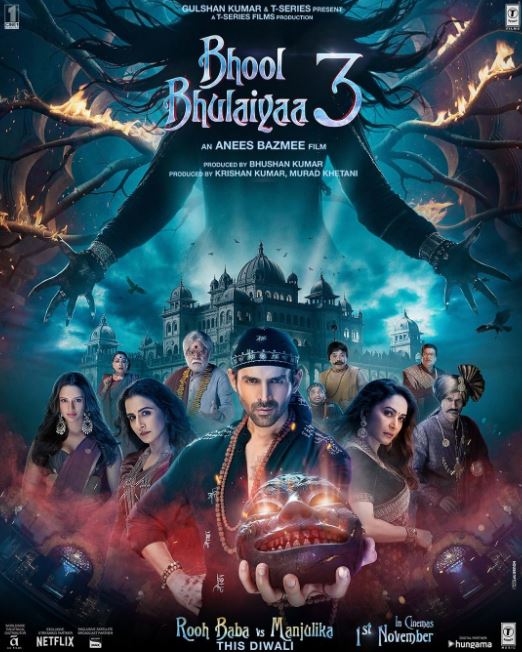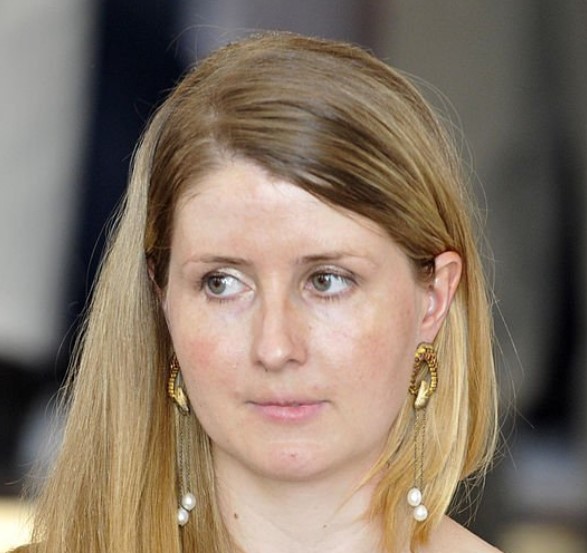
Authoritarian Governance and Election Irregularities: In February 2005, Paul Biya was criticised for running an authoritarian government, supported by a constitution that gave him major control over laws, courts, and parliament. His party, the CPDM, dominated the National Assembly, which mostly approved whatever he wanted. In 2004, when his election win was questioned, Biya brought in former U.S. lawmakers to declare it fair. He was later named one of the ‘World’s 20 Worst Living Dictators.’ William Quantrill, a former British diplomat, once also said Biya delayed decisions by controlling everything himself and interfering too much in the economy.
Protests, Term Limits and Constitutional Manipulation: In February 2008, Biya’s proposal to remove constitutional term limits sparked nationwide protests. These demonstrations, particularly in Douala and other Anglophone areas, were sparked by high living costs and fear of indefinite rule. State security forces responded with force, leading to over 200 deaths and mass arrests.
Lavish Spending and International Criticism: In 2009, reports surfaced that Paul Biya’s vacation in France cost about $40,000 per day, using 43 hotel rooms. That same year, Parade magazine listed him as the 19th worst dictator in the world, citing extravagant spending and authoritarian rule.
Repression of Free Speech and Political Dissent: Paul Biya has faced strong criticism for suppressing free speech and dissent. In November 2010, writer Bertrand Teyou was jailed for publishing a book critical of Biya’s wife, sparking international outrage. Rights groups called the arrest politically motivated. Teyou, however, was released in 2011 after International PEN paid his fine. In 2014, Biya ordered the release of French national Michel Thierry Atangana, who had been imprisoned for 17 years without clear charges. Global human rights organisations had labelled him a prisoner of conscience, which added to concerns about Biya’s rule.
Anglophone Conflict and Human Rights Abuses: Paul Biya’s approach to unrest in Cameroon’s Anglophone regions has been widely criticised. Between 2016 and 2017, protests over language rights and political exclusion in the English-speaking Northwest and Southwest turned violent, with security forces accused of killing civilians, burning villages, and arresting protesters. In 2017, journalist Ahmed Abba received a 10-year sentence for allegedly not reporting terrorism. A year later, Mimi Mefo was briefly jailed after reporting on a civilian death tied to security forces, sparking international outrage. In 2024, Human Rights Watch accused Biya’s government of using strong, oppressive actions after banning major opposition groups. Biya, however, later said that trying to make Anglophone regions fit into the French-speaking system only made the conflict worse.



